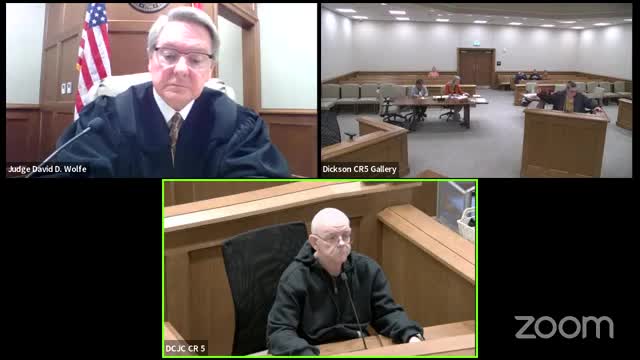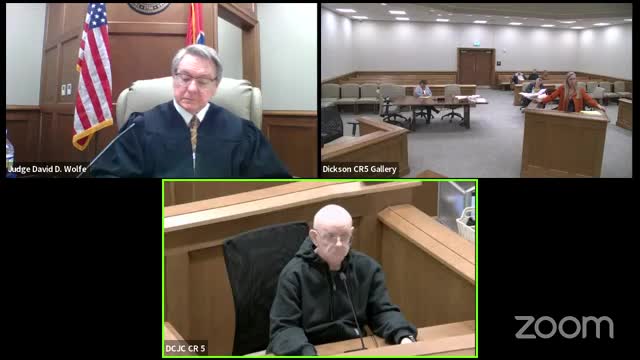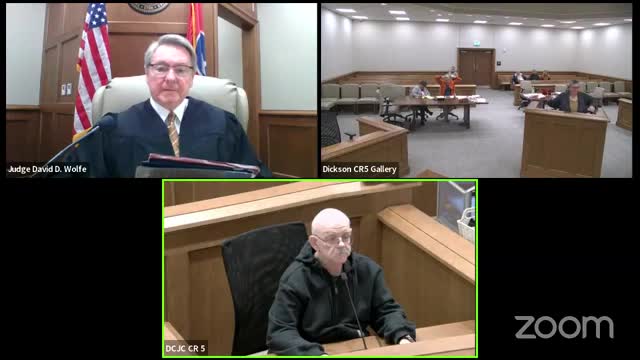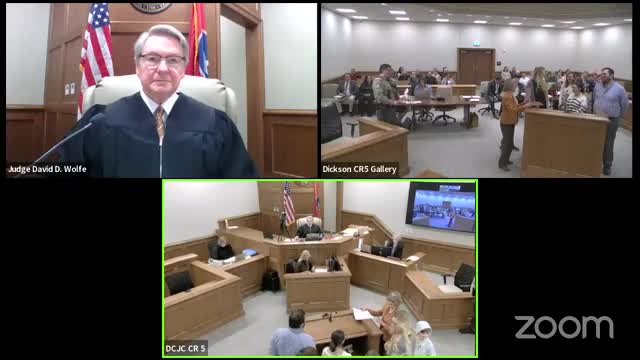Article not found
This article is no longer available. But don't worry—we've gathered other articles that discuss the same topic.

Judge grants Janine Hill divorce, keeps home with husband; splits household items

Judge grants default divorce to Jeri Lynn Smith, awards residence and QDRO share of retirement

Court approves auction sale of conservatorship land at Shelter Branch Road; clerk to process eviction for squatter

